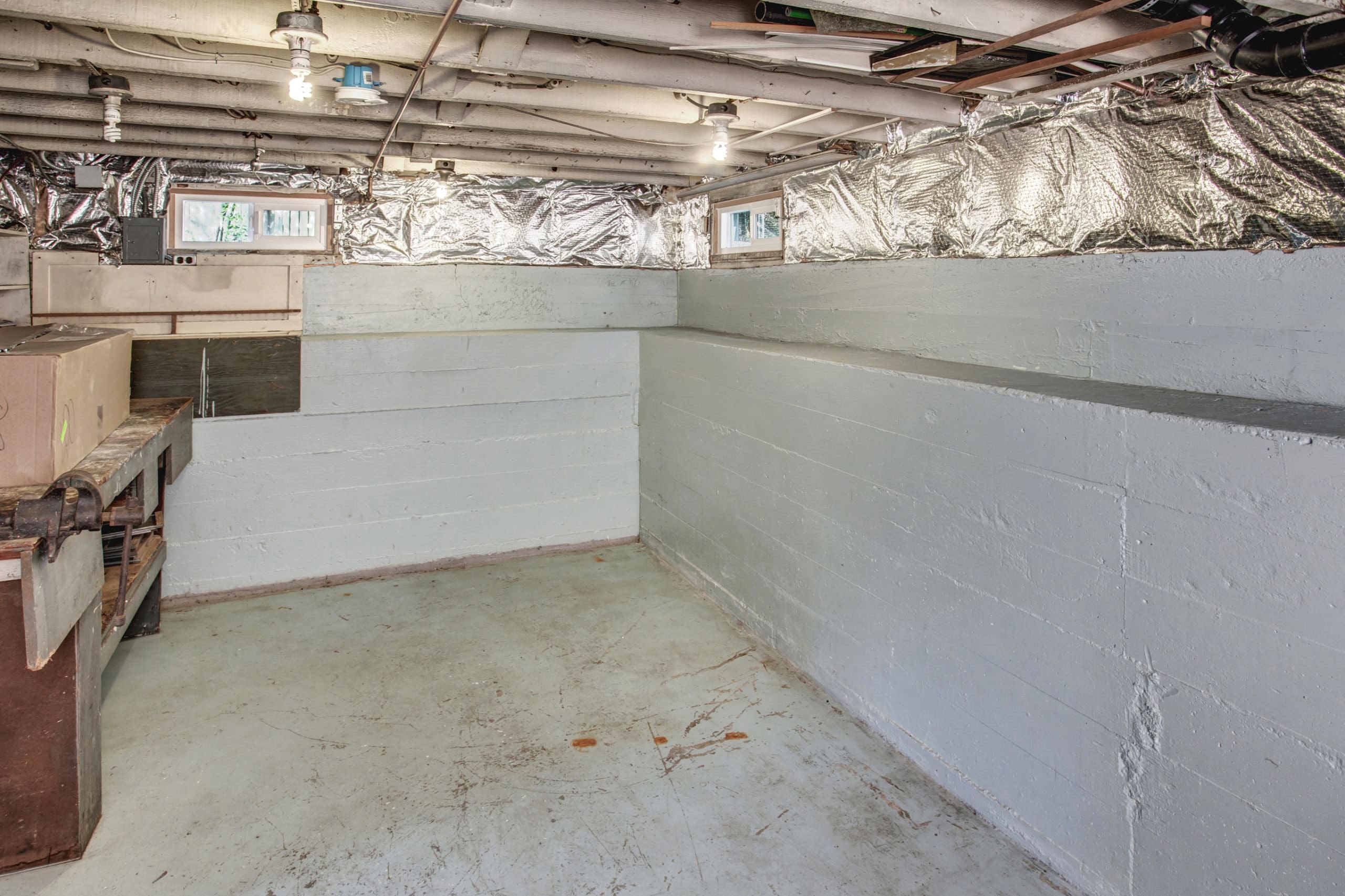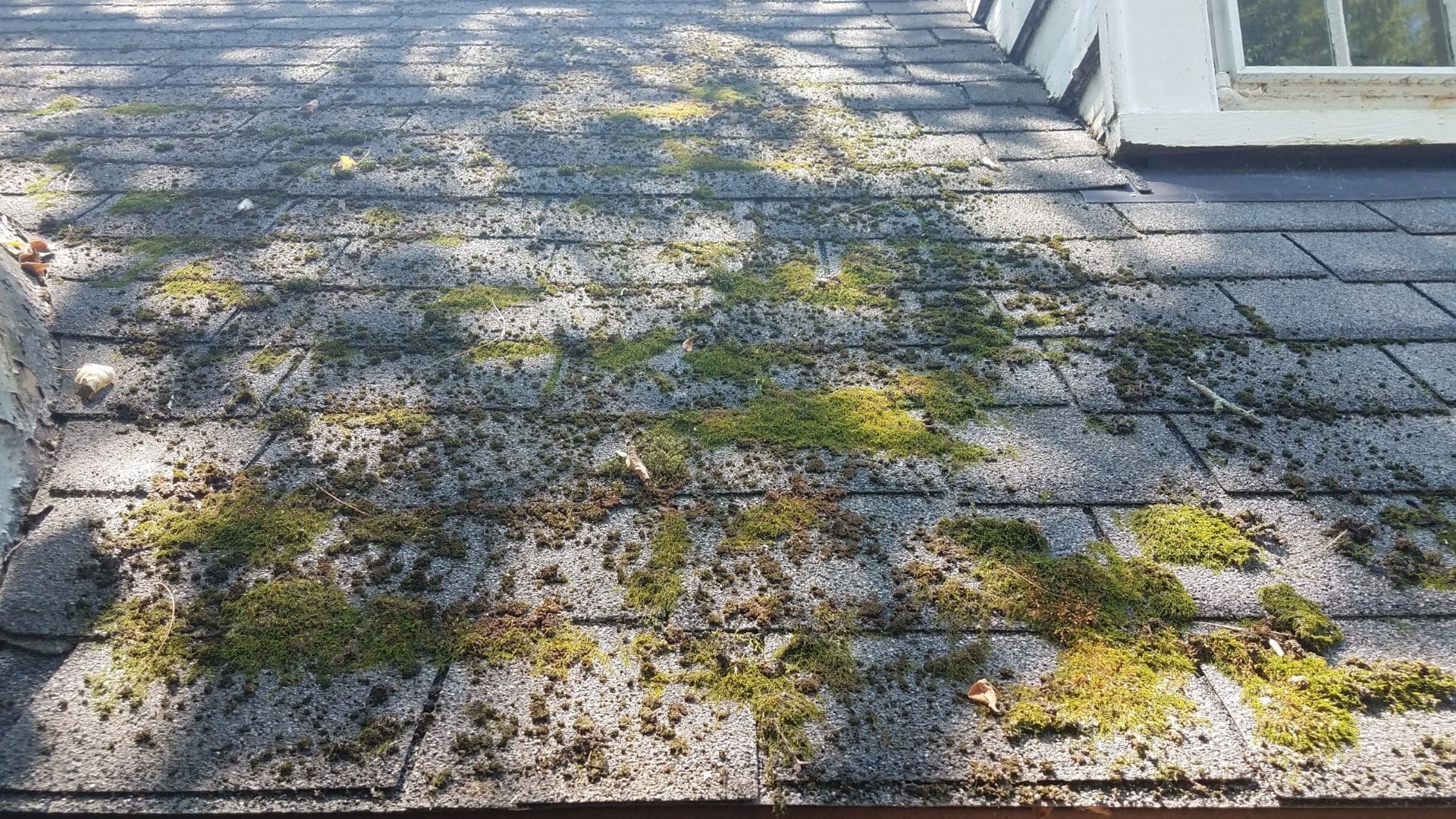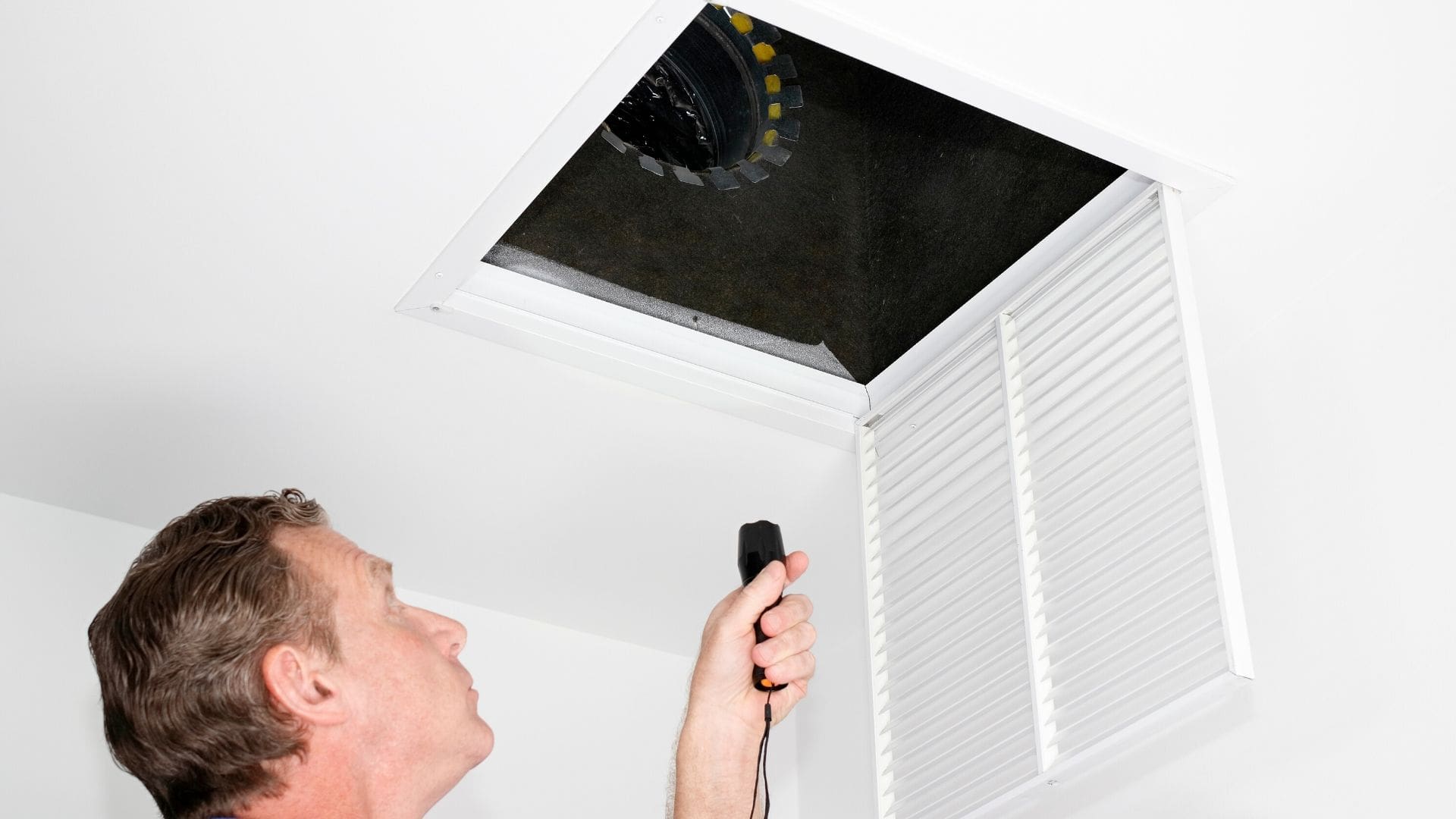
Welcome to our home inspection guide for you intrepid Seattle home sellers. If you’re here because you are already through the negotiation phase, congrats! If this is you doing your homework well in advance of reaching the home inspection as a seller OR buyer—EXTRA CREDIT for you! We at Team Diva LOVE to keep our clients ahead of the game, so good on you.
The home inspection is one of the key steps in the home buying/selling process. Buyers may walk from the transaction after a bad inspection. It’s really hard to get a good offer from a second buyer after that, so making the home shine for inspection is critical. This does not mean anyone should try to waive the home inspection. There are big risks to doing that for buyers and sellers, so we recommend following through, and following our home inspection guide.
But aren’t home inspections so stressful?
The truth is, home inspections can be stressful, but with a little pre-listing preparation you should be good to go to closing. Team Diva is a big believer of “Fix What’s Broken” BEFORE you list a home. The vast majority of our Diva Dwellings sail through the home inspection with flying colors. We alert our sellers to potential problems and get them fixed before the home goes on the market. (It’s part of our Diva Difference approach, to ensure that we Fix What’s Broken and Make it Pretty before listing.)
Team Diva’s Home Inspection Guide
First, the basics. A home inspection will survey everything from the roof to the foundation, to the sewer. The general condition of the building, sewer, signs of pests, major mechanics, and appliances all factor in.
Do note that the buyer pays for the inspection, and it costs around $450-$1,000 dollars.
The buyers take this very seriously, and you should, too. The scope of this home inspection guide is to prepare you as a seller for the inspection process. (It also assumes that you fixed any major issues before you listed the home. We at Team Diva make sure of that.)
This is where having a buyer perspective as a seller can come in handy. Read our home inspection guide for buyers as a reference. We’ll link it again below, but in brief, here are what is covered in a home inspection.
What does a home buyer review?
- Major systems, including plumbing and electrical.
- Structural items, including foundations, walls, siding, and the impact of renovations and additions on the home.
- Crawl space and attic, where inspectors will look for evidence of vermin, leaks, exposed wires, poor upkeep, etc.
- Roof, the overall condition and life expectancy of it
- Drainage issues around the entire the home and inside the basement
- Sewer connections, especially in older homes
Not surprisingly, no one inspector is an expert in all these things, so sometimes specialists are also brought in.
Who is at a buyer’s home inspection?
Typically, the buyer’s agent, the inspection team, and hopefully the buyers themselves will be present for a home inspection. An inspection team may include the inspector along with specialists (such as sewer specialists, roofers, structural engineers, etc.). And if someone is buying the home with the idea of doing immediate work, they may have a contractor present.
It is always important for homebuyers to hire professional home inspectors, but it is critical when home inspectors are the main eyes and ears for buyers. During quarantine restrictions, it is helpful to look and think like a professional home inspector. In addition to this home inspection guide, read our buyer’s education blog on Home Inspection 101.
The Joy of Home Inspection: Learning to Look at Houses Like a Pro
Who is not at the buyer’s home inspection?
The seller and seller’s agent are not at the inspection. When we work with home sellers, we do everything we can to prepare the home in advance. If something unforeseeable arises, it’s usually because a specialist has discovered something more structural. Barring that, we don’t need to be there to hear any nitpicking. Any incorrect claims from a less reputable home inspector will be challenged properly and professionally, not in the heat of the moment.
Bottom line: Make sure that you, family members, and pets are gone during the inspection, EVEN if you aren’t under quarantine restrictions.
How much time does an inspection take?
Obviously, this answer depends on the home’s size, but around 2-5 hours is normal. It’s always more efficient when you have everything the inspector needs easily accessible.
Home Inspection Guide: Common Issues Called By Inspectors
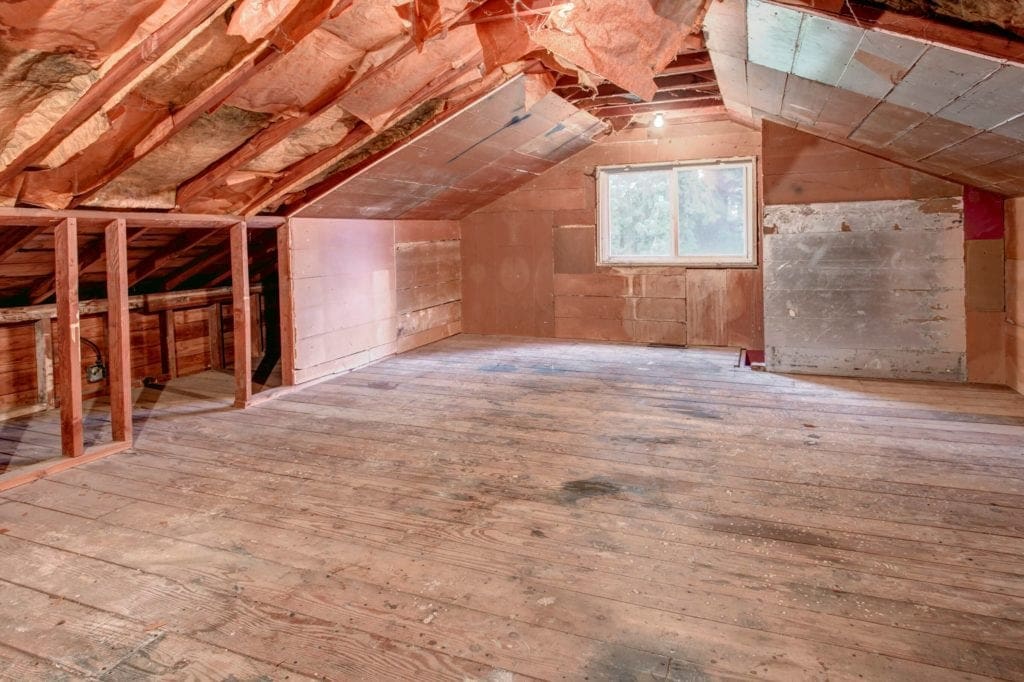
Below is a quick list of items that are typically called in an inspection:
Hot water heaters not installed to code
This is first on our list in this home inspection guide because we see it all the time during inspections with our buyers. The hot water heater should be installed with earthquake brackets, an expansion tank, a pipe that goes from the top to the floor, and it should be placed on a pan.
Ungrounded and GFCI Outlets
Per Seattle City code, outlets in kitchens, bathrooms, and near water using appliances need to be GFCI outlets. In older homes, you see this neglected a lot.
Roofs Past Their Prime
Moss happens, especially in the Northwest. It does not automatically mean that the roof is done for, but some inspectors will call it. Play it safe and call Mr. Moss to have the roof cleared in advance.
Broken Window Seals
These are easy to spot in double-paned windows that have clouded over. Fortunately, it is also a super easy fix. Just call a window specialist and they will come out and replace the pane of glass and the window seal.
Cracks or Blockages in the Sewer Lines
Small cracks in the sewer line happen. NBD. But when you have a full collapse, a belly, or a seriously wonky situation? It’s a BFD and potential deal killer. This is why we strongly encourage a pre-inspection before putting older homes on the market. Best to know in advance.
What about damage from home inspectors themselves?
Okay, this is rare, but it’s worth mentioning in a home inspection guide because it’s that 1% of times that puts a lot of us on edge.
A lot of licensed inspectors have never been contractors, let alone built a home themselves. They do a decent job, but really do not know the ins and outs of working with homes in an urban environment, especially in Seattle’s older homes.
In the heyday of multiple offers and pre-inspections, we saw some horrific situations. But know this: It is illegal for the inspector to damage your home, and we WILL get all Diva on the inspector and agents that endanger the homes of our clients.
It’s just another reason why having an experienced agent is critical: They can handle the worst-case scenarios AND know the right people to work with to help avoid those scenarios in the first place.
Home Inspection Guide: The Expectations On The Seller

The home inspector will need total access in the home, and to significant records. Ensure that the way is clear to see all the major mechanics, including:
- hot water heater
- electrical panel
- attic and crawl space
- sewer
Have available any documents regarding major repairs and appliances, e.g.:
- roof replacement or repair
- new construction
- oil decommissioning
- appliance manuals
The home inspector may have questions afterward, so even if you aren’t present, be available to talk.
How much time do buyers have to inspect a home?
In a competitive real estate market, buyers have one or two days to do an initial inspection. Five days to a week is more standard in less competitive markets. We are currently under extraordinary circumstances, with a competitive market AND a pandemic. It boils down now to the quality of communication between the buyers, sellers, and their agents, and how the contract is negotiated.
- Pre-Inspections for Multiple Offers – Here is a guide we have for buyers.
- 2-3 Days in a Competitive Market – We recommend sellers allow buyers to do an inspection even if it is a multiple offer situation.
- 5-10 Days Depending on the Home – Second-home markets have longer timelines. A Stable market typically has a five-day timeline.
Additional Inspections: If specific issues arise during the home inspection, buyers may have 1-5 days for further investigation. This depends on the nature of the issues and the terms of the contract. Listing possible, anecdotal scenarios is beyond the scope of this home inspection guide. Just rest easy knowing that in the vast majority of cases (with proper prep!), this won’t apply to you.
How can the buyer respond after the home inspection?
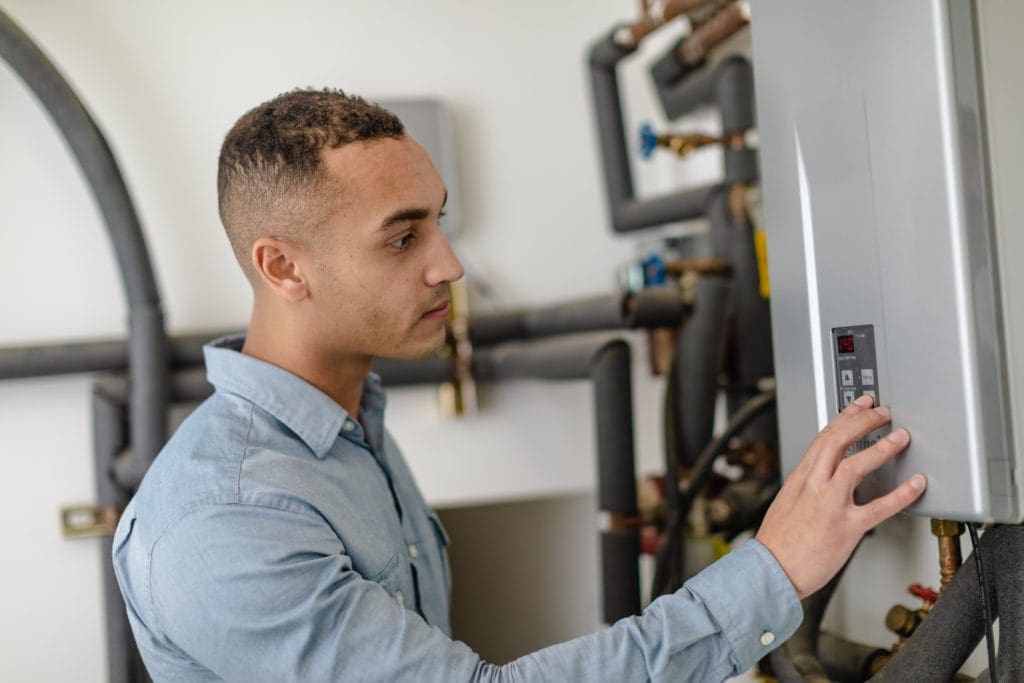
The buyer has four options once their initial inspection is complete:
- Take the home as is: Obviously, this is the outcome we want!
- Get out of the transaction: Earnest money is returned as long as they respond within the timeline of the contract.
- Ask for additional inspections and invoke those extra few days to do so: The buyer must provide information regarding the issue(s) and the inspections they wish to conduct.
- Ask for the sellers to cover repair costs: This is a common response, and buyers do this two ways. They can ask for money back from the sellers for closing costs to cover repairs OR ask the sellers to have repairs done themselves before closing. At this point, we as sellers agents would want to get as much detail as possible and get our own bids for the work.
How much time does the seller have to respond to the buyer’s home inspection response?
Two to three days. Things move fast in real estate, so that’s why it always good to have an experienced agent and educate yourself. (Which you are doing with this home inspection guide. Again, good for you!)
Home Inspection Guide: Crafting A Seller Response
A lot of people stress about home inspections because of the risks involved with transactions falling apart. As we said above, seeing a deal collapse in the transaction phase makes it harder to get top dollar for your home, even in another deal. Getting a full-priced offer on a home that has been put back on the market is uncommon.
Here is Our Recommended Path to Close for a Seller’s Response to the Inspection
There will be nitpicky items that will drive you crazy. Someone is going to want you to patch a closet or change an outlet. It is lame. What we need to do is to take the emotion out of it and craft a genius response that will make sure your home closes.
- Major Issues: There are a few houses that will have unexpected issues in the sewer or the roof that require major attention. You are going to need to fix them or give money back towards the buyers’ closing cost so they can do the work.
- A Bunch of Minor Items: We have had buyers send over the inspection list and ask for a bunch of minor items to be fixed. In this situation, we typically figure out the dollar amount it would be to hire a handyperson and ask if the buyer would prefer closing costs in lieu of work.
- Negotiable Items: Smart buyers’ agents understand you have to ask for more than what you will receive. This is where the work becomes interesting on our side. We will work through the list of items, remove anything that feels inappropriate, and talk through the remaining items with the selling broker. The goal is to make sure we have a win/win situation where the seller is able to make it to the closing table retaining as much of their equity as possible.
Pro-Tip: The smart approach is to keep the lines of communication open and counter any bids they might have for repairs with bids of your own. As savvy listing brokers, Team Diva works closely with sellers in this phase to keep the deal moving forward.
We hope this home inspection guide helps! Let’s keep learning.
Next to the appraisal, home inspection can be the most harrowing part of the home selling process. Hopefully, this home inspection guide has demystified the process a bit so you know exactly what to expect, but definitely keep a pro by your side. An ounce of prevention is worth a pound of cure, and we know how to maximize your results while keeping costs (and stress) as low as possible.
We are here to help. Our team understands that this process can take a year or two. And we are more than willing to give you a personalized plan to get the ball rolling. Feel free to contact us directly at thediva@teamedivarealestate.com or call/text 206-271-0264.





